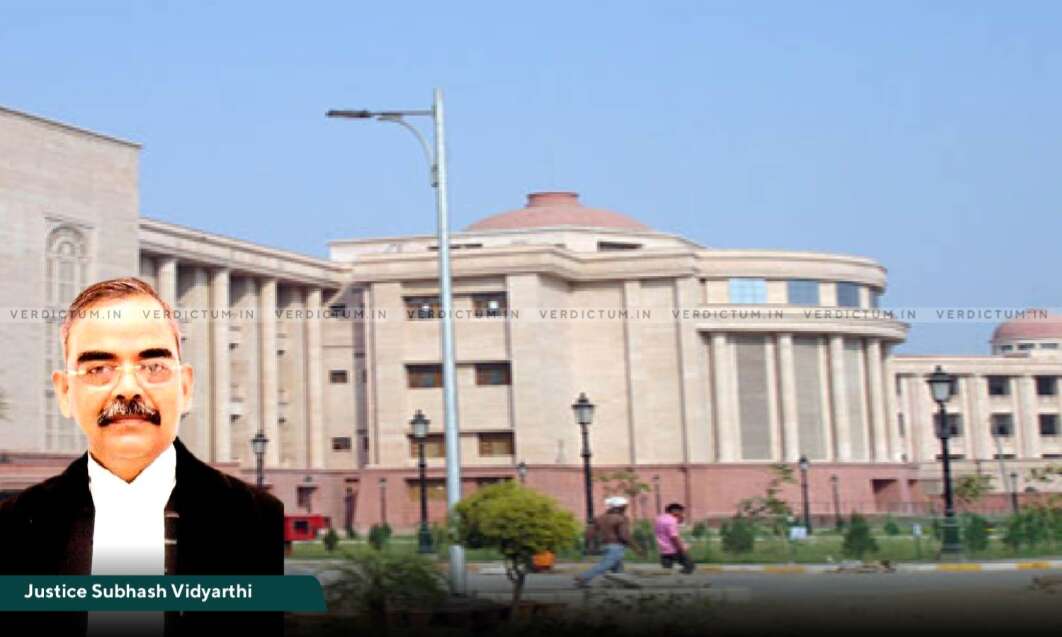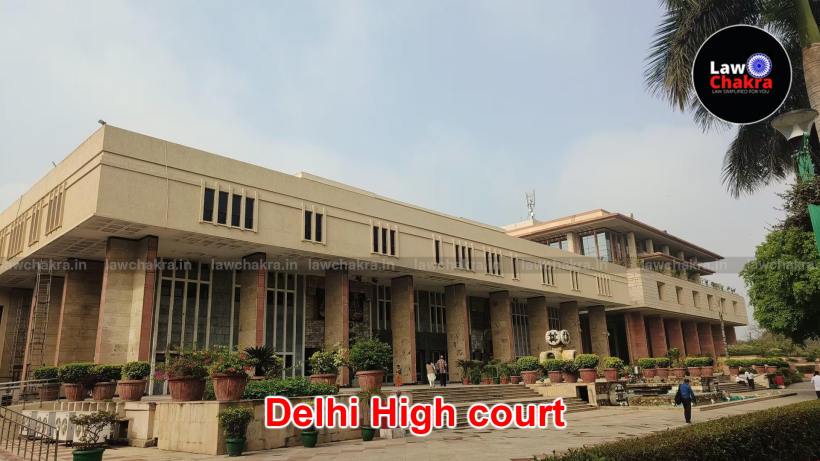Right To Copies Of Police Report And Documents U/S. 230 BNSS Prevails Over Restriction In Section 192 BNSS: Allahabad High Court

The Allahabad High Court has rejected a preliminary objection raised against a bail application on the ground that extracts of the case diary had been annexed despite pending investigation, stating that such annexure does not render a bail plea non-maintainable.
A Single Judge Bench of Justice Subhash Vidyarthi observed, “When there is a conflict between two provisions contained in a Statute, the one beneficial to the accused should be given precedence, more so when it is in consonance with the principles of natural justice.”
The Court added, “It is a basic principle of natural justice that no person should be condemned without giving him an adequate opportunity of hearing, which would include providing him copies of the material against him. Condemnation does not only mean conviction and sentence. An innocent person being arrested and made to languish in jail during trial is also condemned as his fundamental right of personal liberty is adversely affected, besides the loss of his reputation and fame.”
The Applicant was represented by Advocate Ajai Kumar Shukla, while the Government Advocate appeared for the Opposite Party.
Brief Facts
The bail application had been filed in connection with an FIR under Sections 109(1), 324(4), 351(3), 103(1), and 61(2) of the Bharatiya Nyaya Sanhita. The informant alleged that the Applicant deliberately caused an accident using a Bolero vehicle, resulting in the death of one person. A preliminary objection was raised contending that the annexation of extracts from the case diary violated Section 192 BNSS and reflected influence over the investigation.
Reasoning of the Court
The Court referred to Section 192 BNSS, which bars the accused from calling for or accessing the case diary, contrasting it with Section 230 BNSS which requires the Magistrate to furnish the accused copies of the police report and related materials upon appearance. The Court noted,
“A bare reading of the provisions contained in Sections 192 and 230 BNSS indicate that although Section 192 BNSS provides that the accused or his agent shall not be entitled to call for the case diary or to see the same even if it is referred to by the Court, which stage would come only after commencement of the trial, Section 230 BNSS provides that upon appearance of the accused, the Magistrate shall furnish to the accused copies of the police report, the statements recorded under sub-section (3) of Section 180 of all persons whom the prosecution proposes to examine as its witnesses, the confessions and statements, if any, recorded under Section 183 and any other document or relevant extract thereof forwarded to the Magistrate with the police report under sub-section (6) of Section 193.”
The Court clarified, “The provisions contained in Section 230 BNSS are in consonance with the principles of natural justice and in case of a conflict with Section 192 BNSS, the provisions contained in Section 230 would prevail.”
On the allegation that attaching extracts from the case diary was improper, the Court responded, “This Court seldom comes across a case where photocopies from the extract of case diary are not annexed with the bail application. Annexing copies of extracts of case diary has become a norm and not annexing the same is an exception. When the photocopies are being freely provided to the persons doing Pairvi of criminal cases, copies of extracts of case diary having been annexed with the bail application would not make out a ground for rejection of the bail application in limine without its merits being examined by the Court. Moreover, a person who is in custody, cannot be blamed for extracts of case diary procured by some person for his benefit, as he is not directly involved in this process and, therefore, he cannot be made to suffer by rejection of his bail application on this preliminary objection.”
The Court further observed that there existed a long line of authority to support the opinion that the Court is not concerned with how evidence is obtained, however, the judge has a discretion to exclude evidence procured, after the commencement of alleged offence, which although technically admissible appears to the judge to be unfair.
“The classical example of such a case is where the prejudicial effect of such evidence would be out of proportion to its evidential value. The fact that a document which was procured by improper or even illegal means could not bar its admissibility provided its relevance and genuineness were proved,” the Court added.
While concluding the Court stressed upon the need for brevity and efficiency in bail hearings, stating, “The learned members of the bar… are also responsible officers of the Court. They should be considerate towards the other litigants also and should cooperate in expeditious dispensation of justice by being precise and concise.”
Accordingly, the Court allowed the bail application and granted bail to the Applicant subject to furnishing of a personal bond and subject to certain conditions.
Cause Title: Vipin Tiwari v. State of U.P. (Neutral Citation: 2025:AHC-LKO:27009)
Appearance:
Applicant: Advocates Ajai Kumar Shukla, Nisha Devi
Opposite Party: Government Advocate




